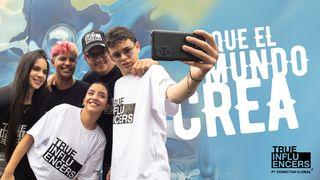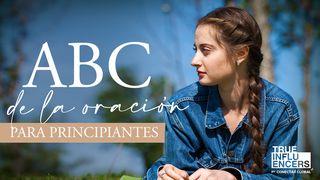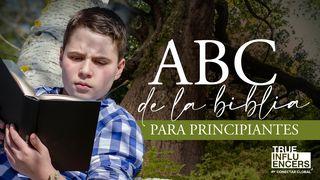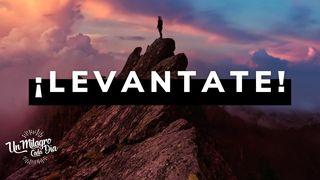Leadership Lessons From Moses' JourneyMuestra

Pain
The power and wealth of the Egyptians prevented them from considering the pain that slavery inflicted on the Hebrew people. All the while, the Hebrews were crying out to God for their deliverance.
Neither the Egyptians nor the Hebrews knew that one infant’s trip to the water—a trip that could have meant life or death for him—would turn the tide and usher in freedom for an entire people group. This divine hope was made possible through the most unlikely source—the compassion of Pharaoh’s daughter. When she discovered Moses floating in the water, she made a choice to see a human, not just a Hebrew boy.
Like Pharaoh’s daughter, our healing from a sin-sick, power-driven, money-hungry, and racialized culture will come only when we learn to see differently. None of us really knows how one empathetic gesture, one listening ear, one kind word spoken, or one loving act can change the trajectory of a person’s life. With her actions, Pharaoh’s daughter made it possible for Moses to grow into manhood, in which he eventually learned that God always sets before us choices of life or death, blessings or curses. As Moses later instructed the Israelites:
This day I call the heavens and the earth as witnesses against you that I have set before you life and death, blessings and curses. Now choose life, so that you and your children may live and that you may love the Lord your God, listen to his voice, and hold fast to him. (Deuteronomy 30:19-20)
Pharaoh’s daughter reminds us that with every word and act, we choose either life or death for ourselves and for others.
Just as the physical act of Moses’ mother placing him into the water and the physical act of Pharaoh’s daughter drawing him out of it express their choices, our physical actions reveal the internal condition of our souls and whether or not we are truly responding to God. Choosing life means participating in God’s redemptive work as he transforms families, reshapes communities, and converts nations. Whenever we do the hard or courageous thing—in spite of our lack of understanding, our familial upbringing, our own pain, or difficult circumstances—we are choosing life.
From A Sojourner’s Truth by Natasha Sistrunk Robinson
Escritura
Acerca de este Plan

We can learn much from Moses, a leader who was born into a marginalized people group, resisted the injustices of Pharaoh, was denied the power of Egypt, and trusted God even when he did not fully understand where he was going. Join Natasha Sistrunk Robinson as she explores the spiritual and physical tensions of truth-telling, character, leadership development, and bridge building across racial, ethnic, socioeconomic, and gender lines.
More
Planes relacionados

Que El Mundo Crea

ABC De La Oración ... Para Principiantes.

Testigos Del Milagro: La Primera Navidad

Confiando en Los Propósitos De Dios

ABC De La Biblia Para Principiantes
Marcas De Un Discípulo

1 Tesalonicenses: Modelos a imitar

La Gracia. 7 Claves Para Vivir en Plenitud.
